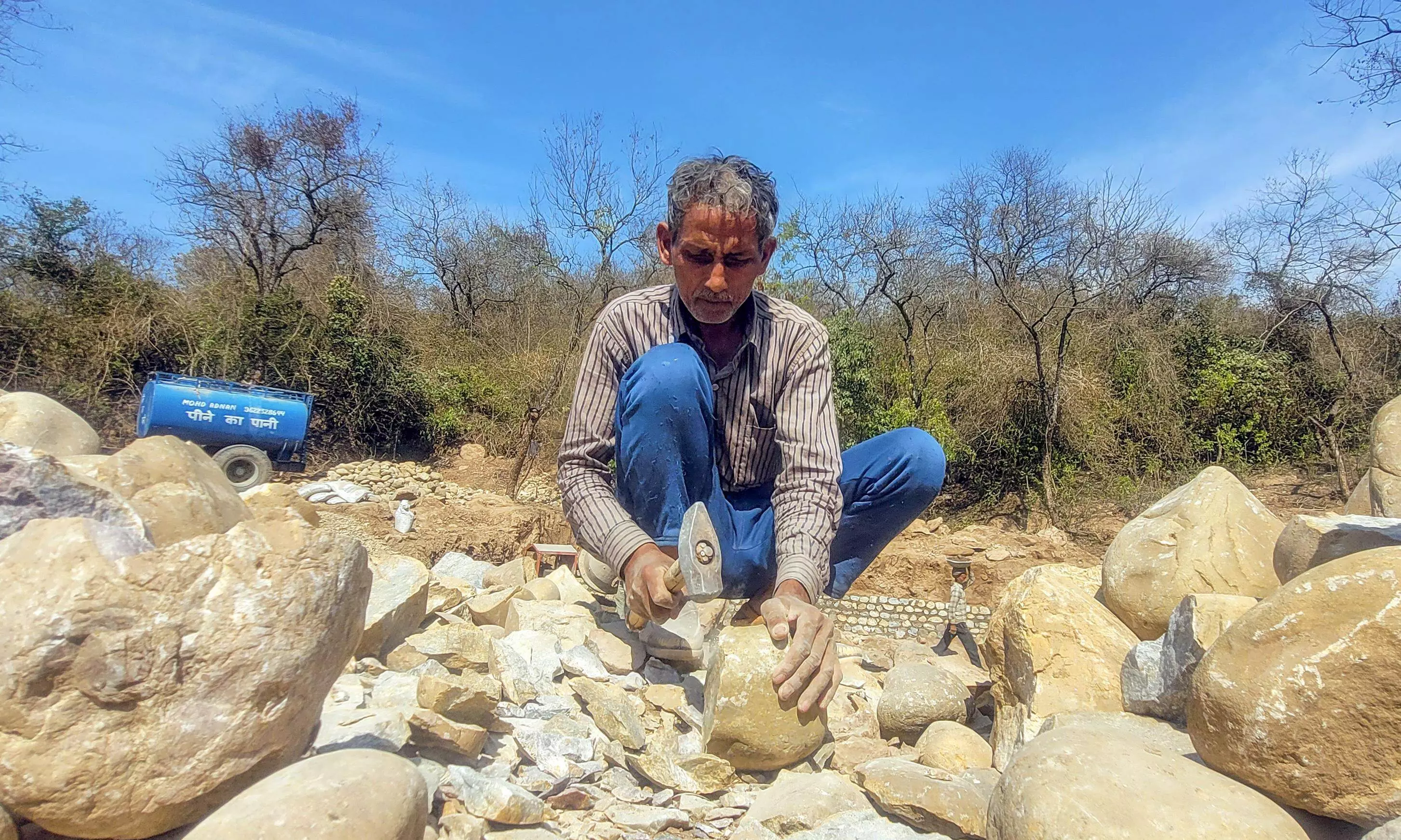Ensuring equality and justice
The Indian Constitution and labour laws are deeply intertwined, providing a robust framework for social justice, equality, and the protection of workers' rights

Indian Constitution and Labour laws are closely connected. Appropriate execution can achieve harmony and well-being of all.
Article 14 states that, the State shall not deny to any person equality before the law or the equal protection of the laws within the territory of India. Article 15 prohibits discrimination on the grounds of religion, race, caste, sex or place of birth. Article 16 (1) and (2) of the Constitution guarantees equality of opportunity to all citizens in matters of appointment to any office or any other employment under the State. Article 19 ensures all fundamental rights to its citizens including the right to form any associations or unions and the freedom to practice any profession or to carry on any occupation, trade or business. According to Article 21, no person shall be deprived of his life or liberty except according to the procedure established by law. Life has been understood as including livelihood. Article 23 prohibits traffic in human beings and other forms of forced labour. Employment of children below the minimum wage would be considered to be forced labour and Article 24 prohibits employment of children below the age of 14 in any factory or mine or any other hazardous employment. The intention is to prevent exploitation, safeguard the health and development of children, and also to ensure their access to education.
Part IV of the Constitution deals with the Directive Principles of State Policy, which is an essential and unique feature of this basic Statute. It enjoins the state to bring about a social order in which justice-social, economic and political shall conform to all the institutions of national life. It desires the State to work for an egalitarian society where there is equal opportunity for all, to work and to a livelihood, where social justice prevails. It consists of all the principles which the State should follow and keep in mind while formulating policies and enacting laws for the country. Article 43 provides that the State shall endeavour to secure, by suitable legislation or economic organization, or in any other way, to all workers, agricultural, industrial or otherwise, work causing a decent standard of life and full enjoyment of leisure and social and cultural opportunities and, in particular, that the state shall endeavour to promote cottage industries on an individual or co-operative basis in rural areas, and make provisions for securing just and humane conditions of work and for maternity relief. Also by Art 43A, the state shall take steps, by suitable legislation or in any other way, to secure the participation of workers in the management of undertakings, establishments or other organizations engaged in any industry. Article 41 directs that the State shall within the limit of its economic capacity and development make effective provisions for securing the right to work, education, and public assistance in case of unemployment old age, sickness disablement and other cases of undeserved want. Article 42 directs the state to make provisions for securing just and humane conditions of work and for maternity relief.
The Seventh Schedule to the Constitution of India specifies the allocation of powers and functions between the Union and the State Legislatures. It embodies three lists; namely, the Union List, the State List, and the Concurrent List. Under the Constitution of India, Labour is a subject in the Concurrent List where both the Central & State Governments are competent to enact legislation subject to certain matters being reserved for the Centre. Under the Union list are - Entry No. 55: Regulation of labour and safety in mines and oil fields, Entry No. 61: Industrial concerning Union employees, and Entry No. 65: Union agencies and institutions for “Vocational training”.; Under the Concurrent List are Entry No.22: Trade Unions; Industrial and Labour Disputes; Entry No. 23: Social Security and Social Insurance; Employment and Unemployment; Entry No. 24: Welfare of Labour including conditions of work, provident funds, employers’ Liability, workmen’s compensation, invalidity and old age pensions and maternity benefit.
While a lot has been done previously for betterment and progress, some steps especially for the unorganised sector, including execution of provisions up to the remotest parts of the country in full spirit will attain the complete objective of the provisions.
The writer is a practising Advocate in Supreme Court and High Court of Delhi. Views expressed are personal



